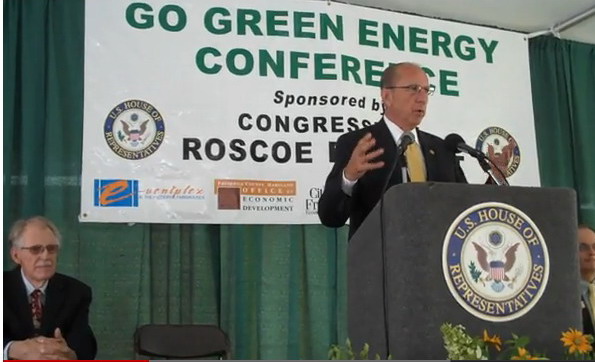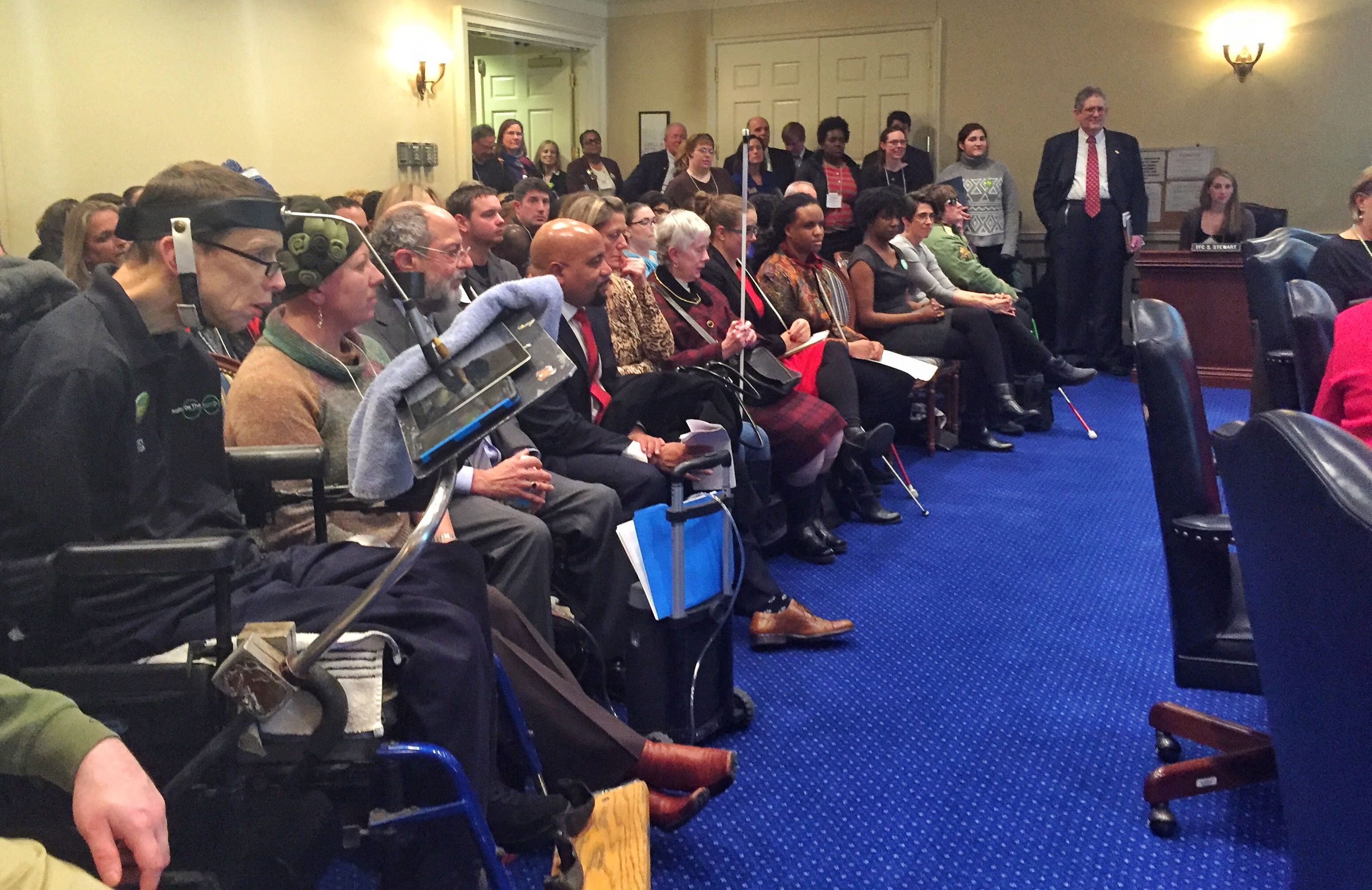By Jeremy Bauer-Wolf
 A bill to hike the state’s minimum wage to $10.10 has reached its final hurdles after a flurry of attempts from lawmakers Friday to amend the already fragile legislation.
A bill to hike the state’s minimum wage to $10.10 has reached its final hurdles after a flurry of attempts from lawmakers Friday to amend the already fragile legislation.
The Senate gave preliminary approval to the legislation, HB295, a chief priority of Gov. Martin O’Malley, that would boost Maryland’s minimum wage to $10.10 by 2018.
After more than two hours of debate, 17 amendments from both parties were all struck down, under the reminder that changes to the bill would hamper negotiations with the House of Delegates.
Monday marks the end of the 90-day session, and the bill already needs to return to the House. Too many alterations would put it danger of not being passed by the deadline.
“This would be a strategy to kill the bill,” said Prince George’s County Sen. Anthony Muse during the debate.
Earlier, later effective dates proposed
A proposal from Sen. Allan Kittleman, R-Howard, would have slowed the timeline for the minimum wage’s incremental hike, implementing an annual increase on January 1 until 2019, rather than the July 1 dates in the bill.
The Senate Finance Committee already extended the roll-out schedule for the increase, against the wishes of Gov. O’Malley, who had initially hoped to institute the $10.10 wage by 2017. An amendment similar to Kittleman’s was voted down in committee.
Under the current bill, the minimum wage would reach $8 by Jan. 1, 2015; $8.25 by July 1, 2015; $8.75 by July 1, 2016; $9.25 by July 1, 2017 and $10.10 by July 1. 2018.
Kittleman said he is concerned that businesses could not handle such abrupt and ill-timed increases, but that his amendment would ease the transition.
“It’s designed to help businesses with the phase in,” Kittleman said.
Montgomery County Democrat Sen. Richard Madaleno offered an amendment converse to Kittleman’s, enacting a wage of $10.10 six months earlier than the bill currently dictates, reaching $10.10 by Jan. 1, 2018.
Differences by county
GOP senators attempted to dictate which jurisdictions the increase would affect. Sens. George Edwards and Christopher Shank, both from Western Maryland, introduced an amendment that would set the minimum wage in Allegany, Garrett and Washington counties at a maximum of $8.75.
Edwards said he knew the amendment wouldn’t be approved, but that in his rural communities, businesses are already struggling.
Carroll County Sen. Joseph Getty introduced an amendment that would block counties from setting a minimum wage higher than the state’s. Prince George’s and Montgomery counties both have approved local laws increasing their minimum wage to $11.50 by 2017.
Getty said that the varying minimum wages inspires unproductive county competition.
“We don’t want to lose workforce from one county to another,” he said.
Other provisions of the current bill implement a training wage — 85% of the minimum wage — to those employees 20 years old and younger, and fix the salary for tipped workers at $3.63.
An amendment from Sen. Paul Pinsky, a Prince George’s County Democrat, would have paid 50% of the minimum wage to tipped workers. Tipped workers currently earn $3.63, 50% of today’s minimum wage, $7.25.
“It’s not even maintaining the status quo as the government suggests,” Pinsky said. “It’s going backwards, it’s saying ‘you’re not staying with us, you’re going to be in the rearview mirror.”
A final vote on minimum wage will likely take place Saturday.






Recent Comments